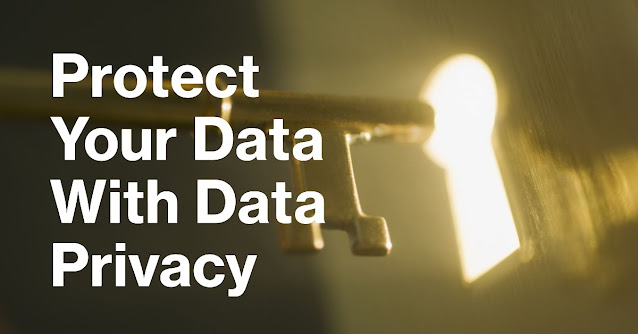 |
| Image Credit: Via designer.microsoft |
Data privacy is the right of individuals to control their personal information and how it is used. It encompasses the collection, storage, use, and disclosure of personal information. Data privacy is important because it protects individuals from having their personal information used without their consent or for purposes that they do not agree to.
Personal information is any information that can be used to identify an individual, such as their name, address, phone number, email address, date of birth, Social Security number, and credit card number. Personal information can also include information about an individual's health, financial status, and online activity.
There are a number of laws and regulations in place to protect data privacy. The most well-known data privacy law is the European Union's General Data Protection Regulation (GDPR). The GDPR gives individuals a number of rights over their personal information, including the right to access their personal information, the right to have their personal information erased, and the right to object to the processing of their personal information.
Organizations that collect and use personal information have a responsibility to protect that information. This includes implementing appropriate technical and organizational security measures to prevent unauthorized access, use, disclosure, alteration, or destruction of personal information.
Individuals can also take steps to protect their data privacy. This includes being careful about what information they share online, using strong passwords, and keeping their software up to date.
Here are some examples of data privacy practices:
- Obtaining consent: Organizations should obtain consent from individuals before collecting or using their personal information.
- Limiting collection: Organizations should only collect the personal information that they need for a specific purpose.
- Secure storage: Organizations should store personal information securely to prevent unauthorized access.
- Limiting disclosure: Organizations should only disclose personal information to third parties with the consent of the individual.
- Data retention: Organizations should only retain personal information for as long as necessary.
- Disposal: Organizations should securely dispose of personal information when it is no longer needed.
Data privacy is important for both individuals and organizations. By protecting data privacy, individuals can maintain control over their personal information and organizations can protect their reputation and avoid costly data breaches.
Comments
Post a Comment